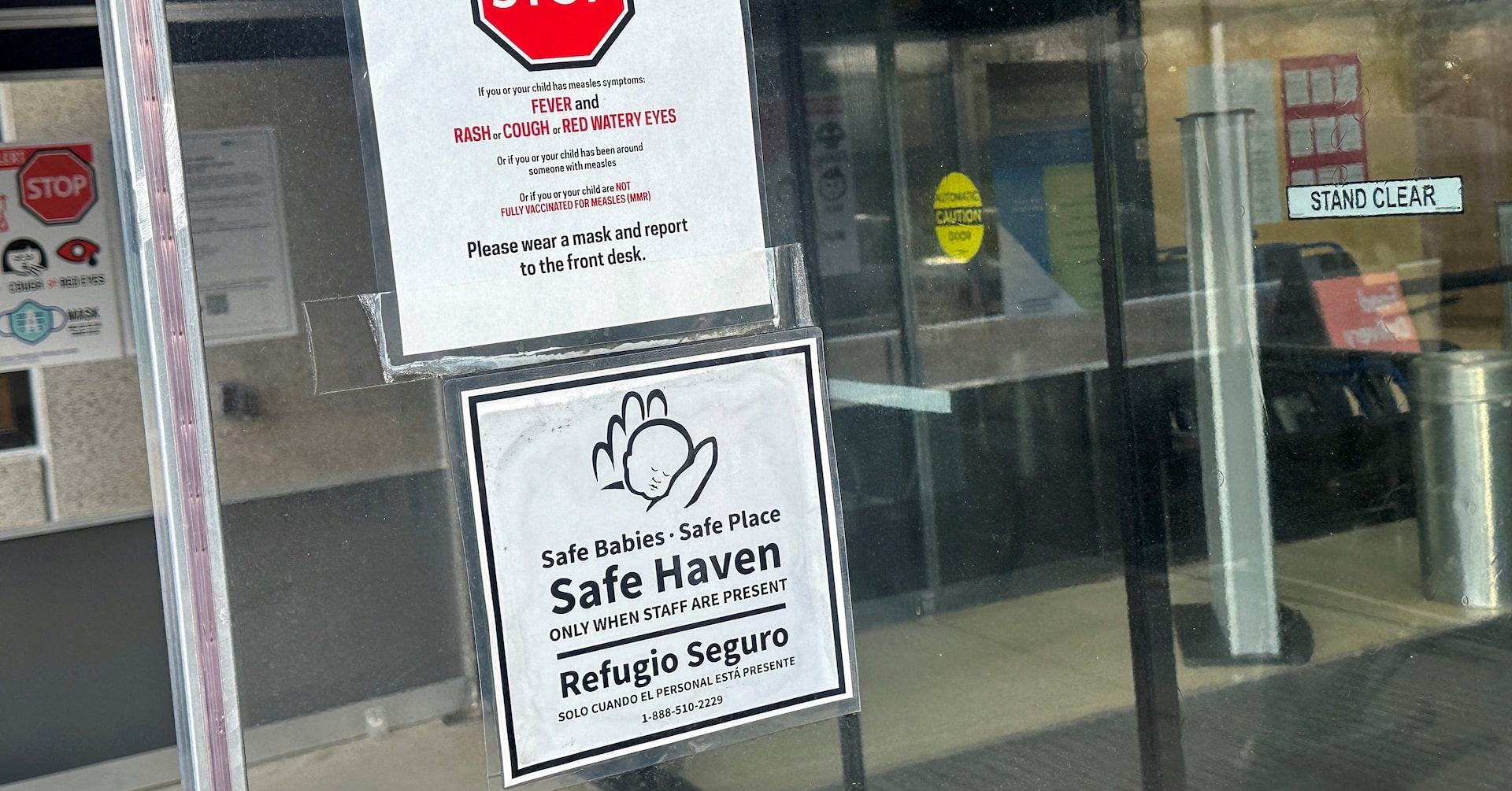Lone Star Outbreak: Texas Battles Surge in Measles Infections, Cases Climb to Alarming 702

Texas is grappling with a rapidly escalating measles crisis, as the state's health department revealed a significant surge in cases on Tuesday. The latest report indicates 702 confirmed infections, marking a sharp increase of 19 cases since May 2nd. This outbreak underscores the growing public health challenge facing the United States, which is currently experiencing one of its most severe measles epidemics in recent years.
The dramatic rise in cases has prompted health officials to intensify vaccination efforts and raise awareness about the importance of immunization. Measles, a highly contagious childhood disease, continues to pose a serious threat to communities with low vaccination rates, highlighting the critical need for comprehensive public health strategies.
